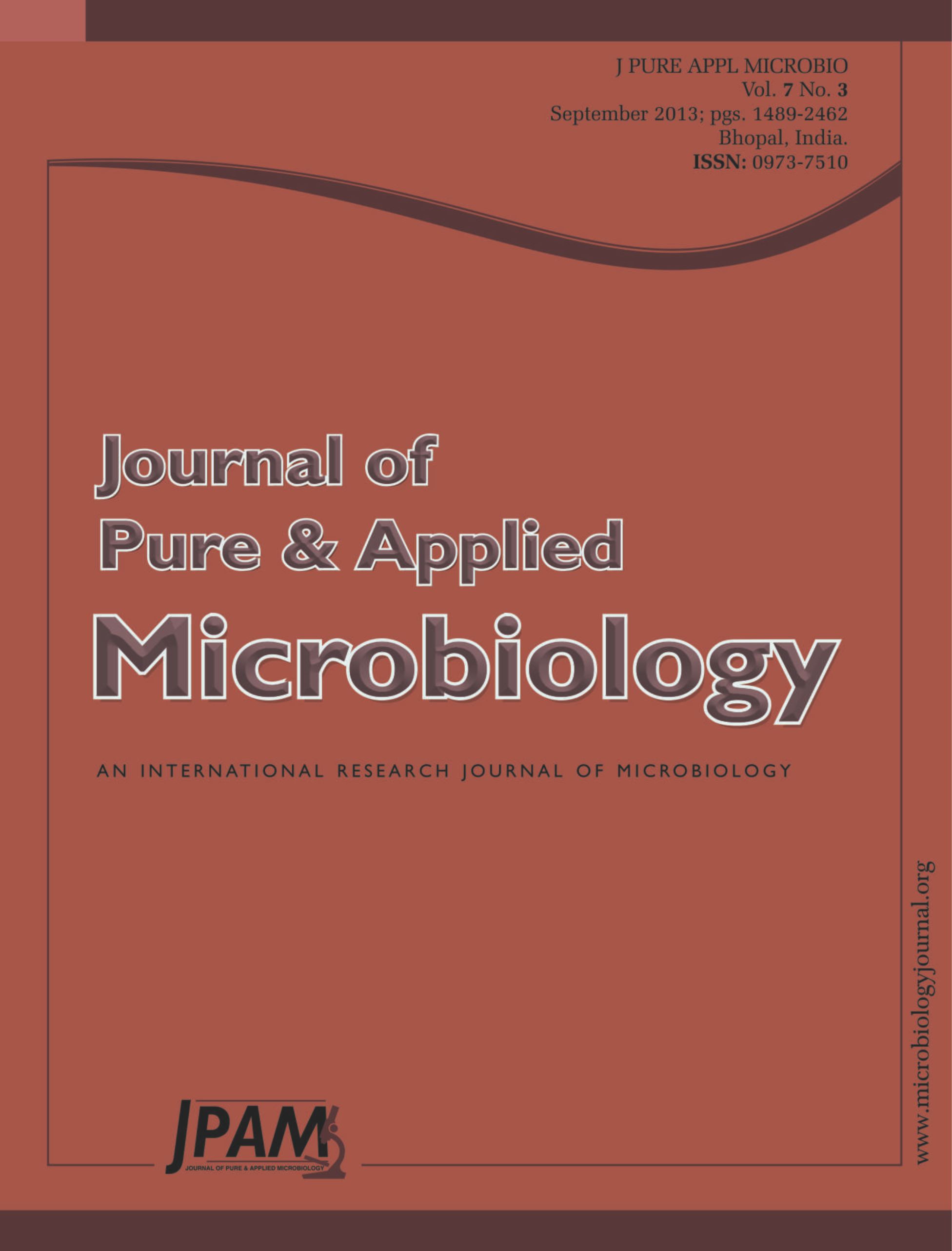Biodesulfurizing bacteria are important, either in the form of cell or genetic resources, from viewpoints of economical and ecological interests in order to extend clean coal technology. They can be obtained from environment that have been contaminated by organic sulfur for long time, such as in coal mine soil. DNA extraction is the most important step in research exploring DNA from environmental samples, like soils. Various kits have offered direct extraction, which has advantages of simplicity and ease of use, but not necessarily to be used for all type of natural samples. Therefore, for the purpose of detection and qualitative analysis, not for quantifying microorganisms, an approach in culturing sample was made in this study. Sample of coal-soil mixture from coal mine soil was previously cultivated in sequential stages of enrichment, to enrich bacteria in a minimal medium containing organic sulfur, and then cells were harvested and extraction of DNA was attended from the cells. This method overcome the problem of humic acid contamination took place frequently in direct DNA extraction of soil samples, as evidenced by the quality of the DNA extracts obtained which were easily PCR-amplified.
DNA extraction, Coal-soil mixture, Mixed culture bacteria, Soil
© The Author(s) 2014. Open Access. This article is distributed under the terms of the Creative Commons Attribution 4.0 International License which permits unrestricted use, sharing, distribution, and reproduction in any medium, provided you give appropriate credit to the original author(s) and the source, provide a link to the Creative Commons license, and indicate if changes were made.


